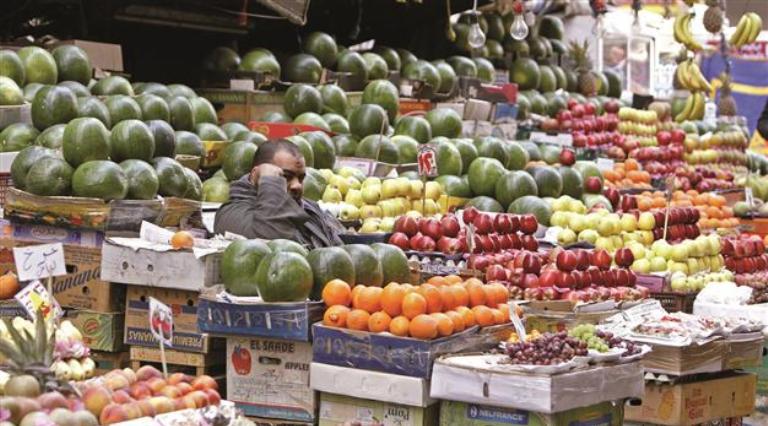Sudan extends ban on imports of Egyptian agricultural products

May 30, 2017 (KHARTOUM) – Sudan’s Prime Minister Bakri Hassan Saleh Tuesday issued a decision to continue the ban on Egyptian farming products and to stop the importation of any seeds or seedlings from the neighbouring country.
In September 2016, the Sudanese government temporarily suspended all imports of vegetables, fruit and fish from Egypt following U.S. reports about cases of strawberries from Egypt causing chronic hepatitis and other diseases.
Also, seven countries including Kuwait, Jordan, UAE, Saudi Arabia, Russia and Japan have taken strict measures banning imports of Egyptian agricultural products.
An official at the General Directorate at Sudan’s Criminal Investigation Monday said that tests on samples of Egyptian oranges showed a presence of fungus which indicates that it was irrigated with sewage water.
Last March, the Sudanese authorities expanded the list of banned Egyptian farming products by adding agricultural goods and products, canned fish and manufactured goods, following reports that these products were rotten.
The Prime Minister’s decision came upon a recommendation from a technical committee formed to follow up the “decision to ban Egyptian agricultural goods and products imported via ports and border crossings or those inside the customs houses”.
According to the official Sudanese news agency SUNA, the decision required businessmen to import goods directly from the country of origin, not through Egypt.
It instructed the competent authorities to “enforce the decisions of the Ministry of Commerce to prevent the entry of agricultural and animal goods from Egypt.”
The decision provided to stop imports of any seeds or seedlings from Egypt, and to make all the necessary precautions.
It also banned the imports of farming products from Egypt permanently beside preventing customs houses from receiving any banned commodity.
Meanwhile, Reuters quoted Egyptian Foreign Ministry spokesman Ahmed Abu Zeid as saying Cairo was told the decision to ban Egypt’s agricultural products was due to “a technical procedure”.
On Sunday, the Sudanese Foreign Minister Ibrahim Ghandour cancelled a planned trip to Cairo. Ghandour had to travel to Cairo on Wednesday 31 May for follow-up talks with his Egyptian counterpart Sameh Shoukry on contentious issues including Khartoum’s ban on Egyptian farming products.
The Egyptian government has earlier called on Sudan to lift the suspension of its agricultural exports to Sudan, but Khartoum disregarded the call over growing suspicions and tensions in the bilateral relations.
Tensions between Khartoum and Cairo have escalated following the former’s decision to restrict imports of Egyptian farming products which was reciprocated by Cairo’s decision to raise residency fees for Sudanese living in Egypt.
The deterioration of bilateral relations between the two countries goes back to the attempt to assassinate President Hosni Mubarak in June 1995 followed by the deployment of Egyptian troops in the disputed area of Halayeb triangle.
Last week, the Sudanese President Omer al-Bashir accused Egypt of arming rebels fighting against his government in Darfur but Egypt has denied the charge.
(ST)
